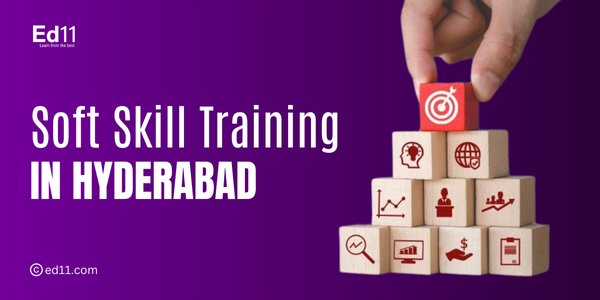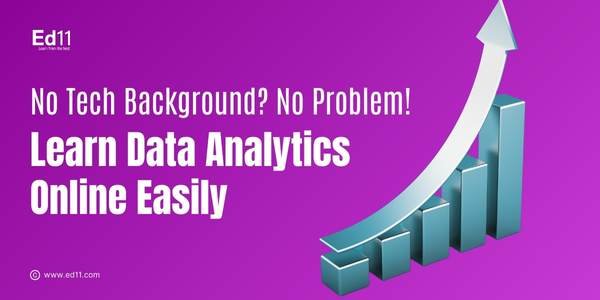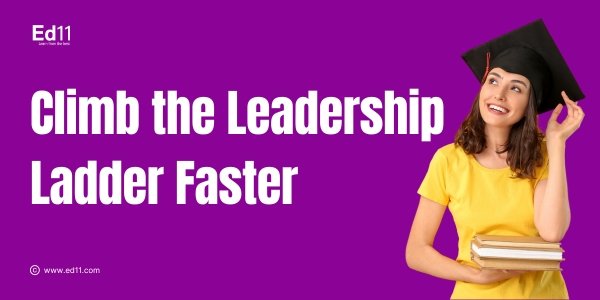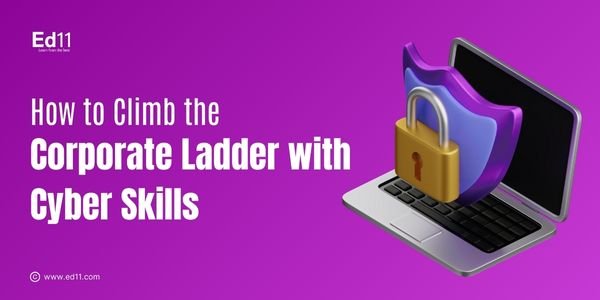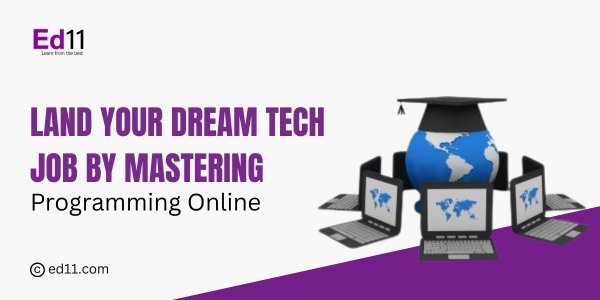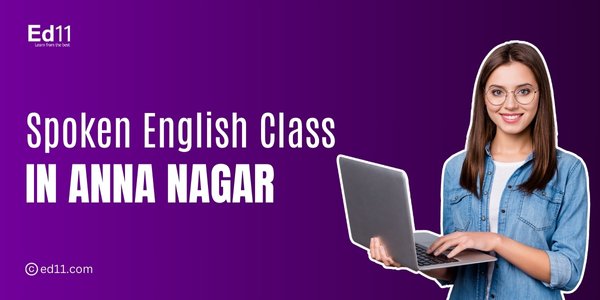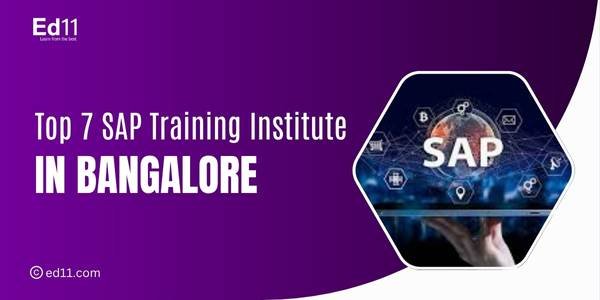Closing the Education Gap with Online Learning
Online learning helps bridge the education gap by making quality education accessible to all. Learn anytime, anywhere, and grow your skills.
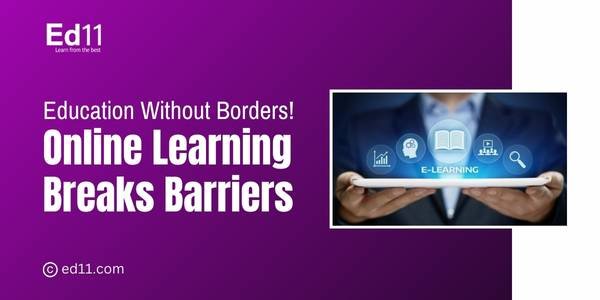
The education gap refers to the differences in access to quality education between different groups of people. This gap can be based on factors like where someone lives, how much money they have, or the opportunities available to them. For example, students in rural areas may not have the same resources, teachers, or schools as those in bigger cities. As a result, many people are left behind, unable to reach their full potential. However, with the rise of online learning resources, these barriers are starting to break down. Online learning resources are helping to close the gap in education by making learning more accessible to people all over the world. In the past, education was often limited by location, cost, and availability of teachers. But with online courses, videos, and digital textbooks, anyone with an internet connection can learn new skills or improve existing ones, irrespective of where they live or how much money they have. These resources are particularly helpful for people in remote areas or for those who may not have access to traditional schools or universities. Online learning provides flexible options, allowing students to learn at their own pace and on their schedule, which makes education more inclusive and equitable.
What Are Online Learning Resources?
Online learning resources refer to digital tools and platforms designed to facilitate education and skill development over the Internet. These resources range from ebooks and video tutorials to interactive courses and virtual classrooms, catering to learners of all ages and backgrounds. Unlike conventional methods, online learning resources are flexible and customizable, allowing users to learn at their own pace and convenience. With just an internet connection, anyone can access a wealth of information tailored to their specific needs.
Types of Online Learning Resources
-
Video Tutorials and Lectures: Platforms like YouTube and Coursera offer comprehensive video tutorials on various topics, simplifying complex concepts for visual learners.
-
E-books and Digital Libraries: Websites such as Project Gutenberg and Google Books provide free access to thousands of e-books across disciplines.
-
Online Courses and Certifications: MOOCs (Massive Open Online Courses) like edX and Udemy allow learners to acquire skills with certifications recognized globally.
-
Interactive Platforms: Tools like Duolingo and Codecademy incorporate gamification to make learning engaging and effective.
-
Virtual Classrooms and Webinars: Video conferencing tools like Zoom and Google Meet enable real-time learning with experts from around the world.
How Online Learning Helps Close the Education Gap
-
Accessibility: One of the most significant benefits of online learning resources is their ability to reach remote and underserved areas. Students in rural regions, where schools and libraries are scarce, can now access the same materials as their urban counterparts.
-
Affordability: Traditional education can be expensive, but many online learning resources are free or come at a fraction of the cost. This democratizes education, making it accessible to individuals from various economic backgrounds.
-
Diverse Learning Options: These resources cater to different learning styles, whether visual, auditory, or kinesthetic. Learners can choose formats that best suit their preferences, ensuring better comprehension and retention.
-
Flexible Schedules: Unlike rigid classroom settings, online learning resources allow users to learn at their convenience, making it ideal for working professionals and students juggling multiple responsibilities.
-
Global Expertise: Online platforms connect learners with educators and experts worldwide, breaking geographical barriers and fostering cross-cultural learning.
Features of Online Learning Resources
-
Interactive Content: Engaging quizzes, animations, and simulations make learning interactive and fun.
-
Personalized Learning Paths: Many platforms use AI to recommend courses and materials based on individual progress and interests.
-
Real-Time Feedback: Instant assessments help learners identify their strengths and areas for improvement.
-
Community Support: Discussion forums and peer groups create a sense of community, enabling collaborative learning.
-
Offline Access: Some platforms allow users to download materials, ensuring uninterrupted learning even without internet access.
How Does Online Learning Help Your Career?
-
Skill Development: From coding to creative writing, online resources offer courses that help learners acquire job-specific skills.
-
Industry-Relevant Certifications: Certifications from platforms like LinkedIn Learning and Google Skillshop add credibility to resumes, increasing employability.
-
Networking Opportunities: Virtual classes and forums connect learners with industry professionals, opening doors to mentorships and job opportunities.
-
Career Transitions: For those looking to switch fields, online learning resources provide the necessary training without requiring a full-time commitment.
-
Continuous Learning: In a competitive job market, staying updated is crucial. Online platforms enable lifelong learning, ensuring professionals stay ahead of the curve.
How Online Learning Bridges Education Gaps
To overcome the challenges and make the most of online learning resources, bridging the education gap, here are some steps that can help
-
Access to Technology: Ensure that students have access to devices like smartphones, laptops, or tablets and reliable internet connections. Governments and organizations can help by providing low-cost devices or internet services in underserved areas.
-
Improve Digital Literacy: Many people, especially in remote areas, may not be familiar with how to use online platforms. Offering training on basic digital skills can help learners navigate online resources effectively.
-
Quality Content and Support: Online resources should be of high quality and aligned with educational standards. Providing interactive and engaging content, along with access to tutors or mentors, can enhance the learning experience and help students stay motivated.
-
Flexible Learning Schedules: Online learning allows students to learn at their own pace, but it’s important to offer structured support, such as deadlines or virtual study groups, to keep students on track and reduce procrastination.
-
Encourage Collaboration: Using online discussion forums, group projects, and social media platforms can help students build a sense of community and engage with peers, despite being geographically separated.
The Future of Online Learning Resources
The potential for online learning tools will only increase as technology develops further. Among the technologies influencing education in the future are machine learning, artificial intelligence, and virtual and augmented reality. Imagine a time when AI tutors can offer customized comments and directions depending on each student's learning style and speed, or when students can participate in fully immersive virtual classes. It is expected that the global trend toward online education will continue, particularly as more individuals become aware of the benefits of accessible, flexible learning. Additionally, as more colleges, institutions, and businesses implement online education, the selection of online courses, degrees, and certifications is probably going to grow considerably.
Online learning resources are transforming education by making quality learning accessible to students worldwide. They help bridge the education gap by providing flexible, affordable, and inclusive learning opportunities. With advancements in technology, digital platforms, and interactive content, students from diverse backgrounds can now access the same quality education as their peers in urban or privileged areas. As online learning continues to evolve, it has the potential to create a more equitable education system, empowering individuals to gain knowledge and skills regardless of their location or financial status.





